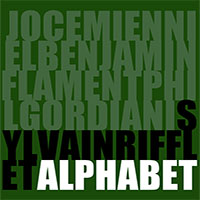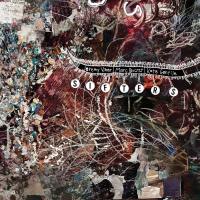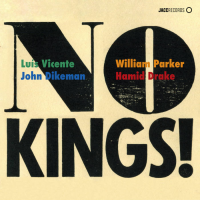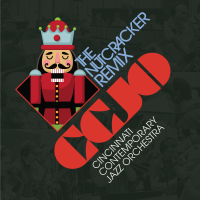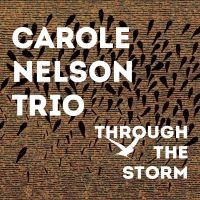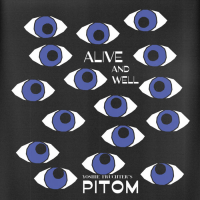Home » Jazz Articles » Album Review » Marc Copland: Some More Love Songs
Marc Copland: Some More Love Songs
Before the New York sets there was the perhaps overlooked Some Love Songs (Pirouet Records, 2005), that included transcendent explorations of tunes by Joni Mitchell , saxophonist Wayne Shorter, Richard Rodgers and Victor Young—a recording that rivaled almost any of iconic pianist Bill Evans' best work. Now Copland follows Some Love Songs with Some More Love Songs.
It's hard to imagine the success of Copland without Evans' ground-breaking, his strong contribution to trumpeter Miles Davis' classic Kind of Blue (Columbia, 1959), and the subsequent consistency of his superb trio recordings over a more-than twenty-year run, from the late fifties until the pianist's untimely death in 1980. Copland has taken Evans' approach of trio democracy, sonic luminosity and harmonic depth and created his own personal language on this—the high point for now—musical journey.
The set opens with Joni Mitchell's lovely and fragile "I Don't Know Where I Stand," a re-visitation of the tune Copland recorded solo on Alone (Pirouet, 2009). This version benefits from the nuanced accompaniment of his trio mates, bassist Drew Gress, and drummer Jochen Rueckert. The mood is floating and uncertain, mirroring the lyrical content of Mitchell's version, leading into an up-tempo, beautiful and brash take of the classic "My Funny Valentine," with its implacable momentum.
"Eighty One"—from the songbook of legendary bassist Ron Carter and Miles Davis' ESP (Columbia, 1965), the debut from what would become the trumpeter's second great quintet—is cool and mysterious, the interplay highly nuanced. "Rainbow's End," Copland's lone original composition, shimmers like late afternoon sunlight reflecting off the facets of wavelets on a wind-ruffled pond, while Cole Porter's ever-familiar "I've Got You Under My Skin"—a 1956 masterpiece by Frank Sinatra, who sounded supremely suave and confident on his take—gets a wandering and impressionist treatment by Copland's trio, with the heart of the melody slipping in and out of the shadows.
The set closes with one of its most tender moment, Victor Young's "When I Fall In Love," brimming with sparkling optimism and a fitting wrap-up to what may be Copland's finest trio outing to date.
Track Listing
I Don't Know Where I Stand; My Funny Valentine; Eighty One; Rainbow's End; I've Got You Under My Skin; I Remember You; When I Fall In Love.
Personnel
Marc Copland
pianoMarc Copland: piano; Drew Gress: bass; Jochen Rueckert: drums.
Album information
Title: Some More Love Songs | Year Released: 2012 | Record Label: Pirouet Records
Tags
PREVIOUS / NEXT
Marc Copland Concerts
Support All About Jazz
 All About Jazz has been a pillar of jazz since 1995, championing it as an art form and, more importantly, supporting the musicians who make it. Our enduring commitment has made "AAJ" one of the most culturally important websites of its kind, read by hundreds of thousands of fans, musicians and industry figures every month.
All About Jazz has been a pillar of jazz since 1995, championing it as an art form and, more importantly, supporting the musicians who make it. Our enduring commitment has made "AAJ" one of the most culturally important websites of its kind, read by hundreds of thousands of fans, musicians and industry figures every month.





